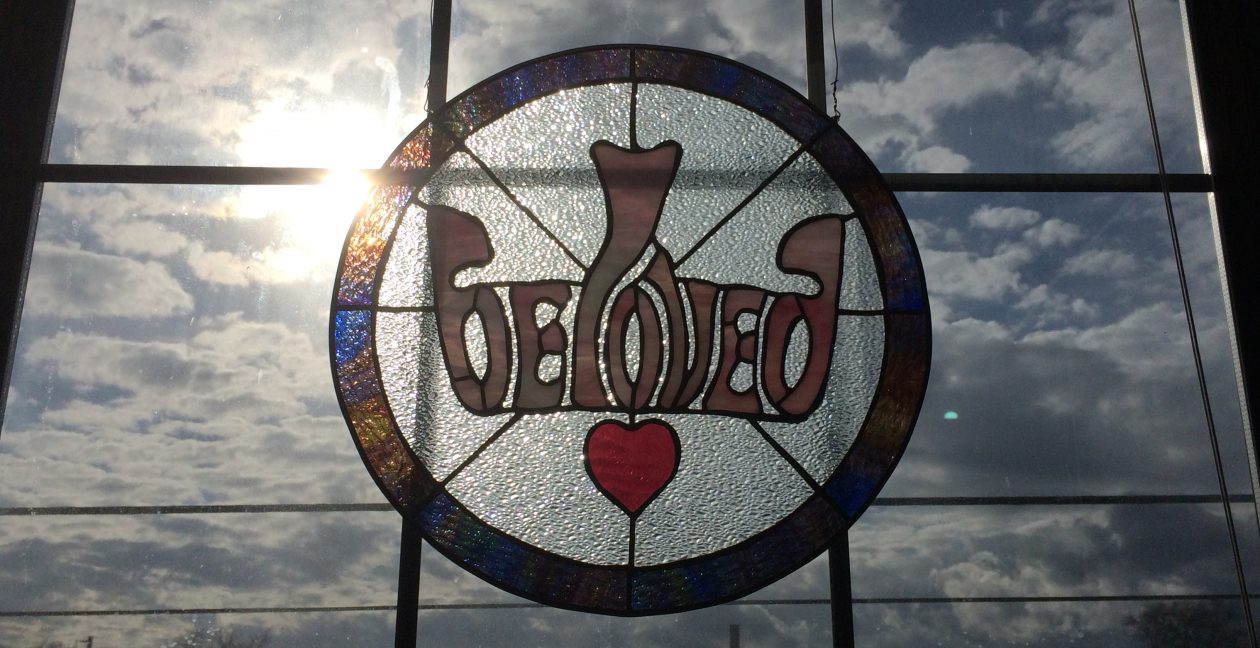
By
Published on July 23, 2014 at al.com.
BIRMINGHAM, Alabama – Lauren, 23, stood up in the middle of Beloved Community Church in Avondale on Tuesday night, holding her Bible. “I’m a lesbian,” she said. “I really didn’t want to be gay.”
She hasn’t told her family or anyone at the non-denominational Bible church she attends. “I knew that wouldn’t go over,” she said. “I go to a literalist church.”
Her mother found out by reading her email. “My mom told me she still loves me no matter what,” Lauren said. But when they had a talk about Lauren having a sexual relationship with another woman, her mother said, “Do you know how disgusting that is?”
Lauren said she had been reading the Bible and been bothered by a passage, Leviticus 25:46, that had nothing to do with homosexuality. She read it out loud: “You can bequeath them to your children as inherited property and can make them slaves for life .”
The group of clergy leading a panel discussion on religion for the Human Rights Campaign nodded in understanding. “They say they believe everything in the Bible,” said the Rev. J.R. Finney, an openly gay minister who is pastor of Covenant Community Church. “But if you ask them about certain verses, they say, ‘That doesn’t apply to now.’ When did God change his mind? Who decides when he changed his mind?”
He said he once did a reading in church of an erotic passage from the Song of Solomon, then asked, “How did you enjoy your reading from the Bible?” People were stunned it was a Bible passage. “People don’t look at all of it,” Finney said.
The Rev. Kevin Higgs, pastor of Sylvan Springs United Methodist Church, asked Lauren to consider moving to a more accepting church. “You do not need to support an institution that is trying to destroy your spirituality,” Higgs said.
A Catholic school teacher spoke up, saying she chose to stay in her church and teach her children to be open and accepting of all people.
“You are comfortable where you are,” Finney said to the teacher. “If you’re comfortable in an institution and want to change it, praise God.”
As for Lauren, “this is oppression for her,” Finney said. “That’s very different.”
More than 50 people had gathered for the discussion of increasing awareness of gay rights in churches in the South, part of the Human Rights Campaign’s $8.5 million Project One America.
“Telling our stories makes such a difference,” said Sharon Groves, director of the Religion and Faith program for the Human Rights Campaign, who moderated the discussion.
The Human Rights Campaign did a recent survey of 1,200 lesbian, gay, bisexual and transgender people in the South and almost half of them said they are people of faith, including 60 percent of black respondents. More than one in five has experienced harassment at their places of worship, the survey said. Joseph Ward, Project One America Faith and Religion associate director, read some of the personal responses from the survey of religious people in the South who said they were persecuted.
One said that when she was 15, she told her father, a Southern Baptist minister, that she was a lesbian. “He beat me to the point of cracked wrists,” she wrote. The beatings continued to the point her mother divorced him, she added.
Another wrote that when he was 17, his parents were cruel and tormented him when they found out he was gay. He tried to move into a Christian shelter for protection, but was turned away because they didn’t approve of his homosexuality, he said.
Groves shared another story, from Minnesota, of a boy who said he told his father at 15 that he was gay. “You know where the gun is and you know what to do,” Groves said the father replied.
Higgs, who took part in a United Methodist commission that studied homosexuality and presented a report that was rejected by the denomination in 1992, said the study concluded that gays had been treated poorly by the church, and instead should be welcomed and affirmed. “They are our brothers and sisters,” Higgs said. “We should recognize them and love them as our neighbors.”
He said that is the overwhelming message of the New Testament, not the proof-texting that some Christians use to argue based on certain passages out of historical context. “How are we going against the Bible? That’s always the first stone that’s thrown at me,” Higgs said. “We’re really not.”
Even those who agree that the Bible teaches love and welcoming to all sometimes argue that accepting gays will hurt the church, he said. “It makes me angry,” Higgs said. “They say we can’t do this because we’ll lose money and the church will close. We’re following Judas rather than Jesus. We’re following 30 pieces of silver rather than picking up and carrying the cross.”
See also: Gay rights group wants less hate, more welcoming churches: meeting in Birmingham talks about how
